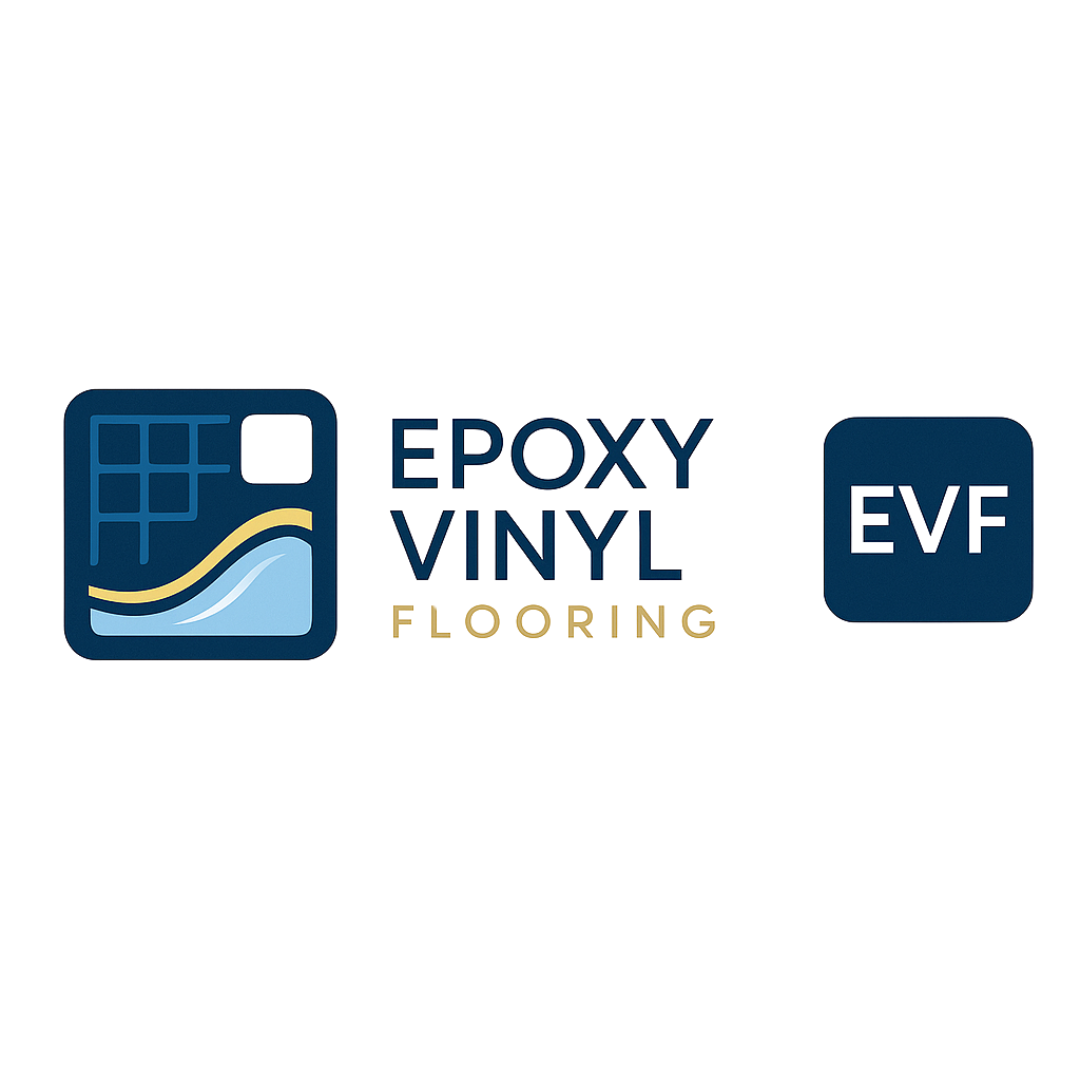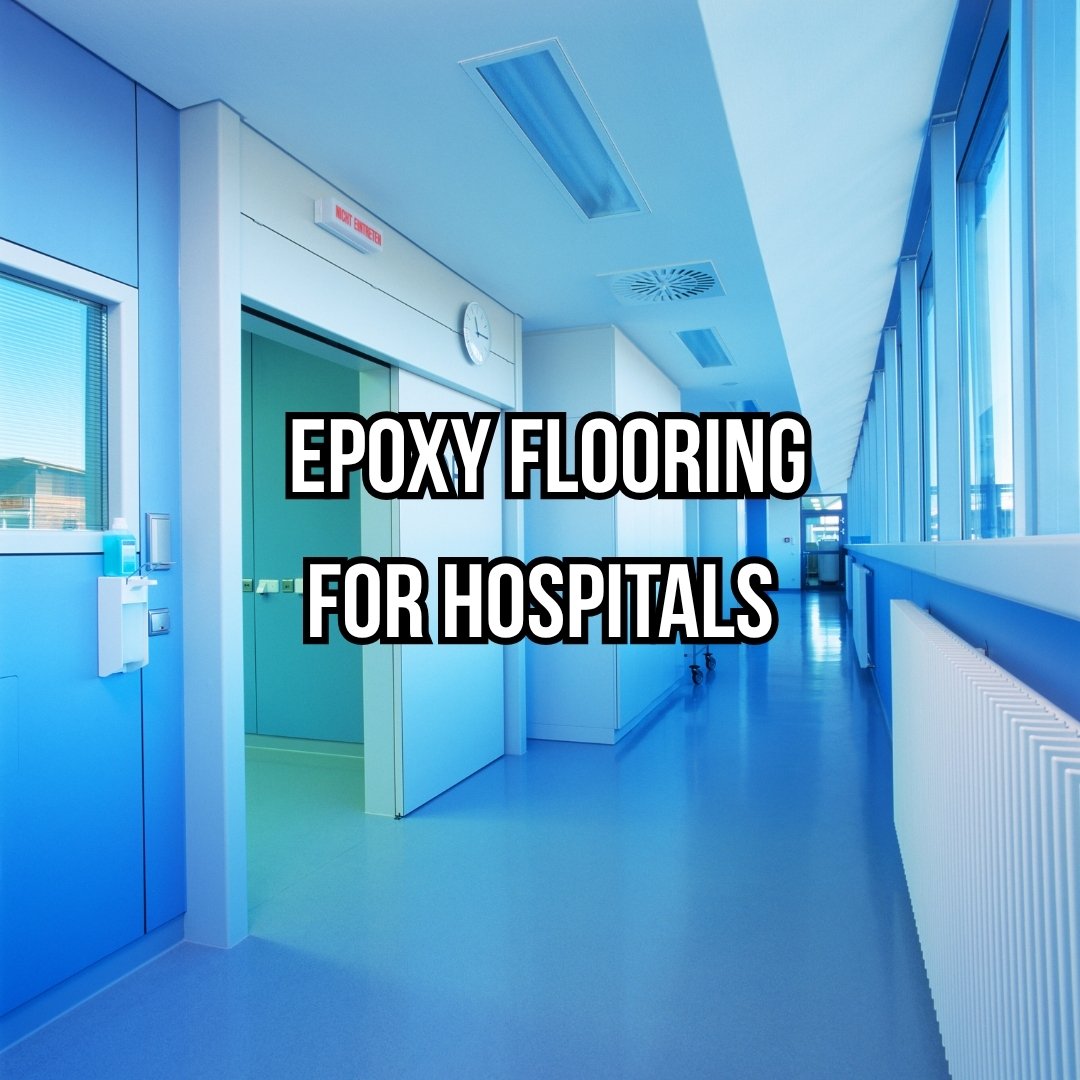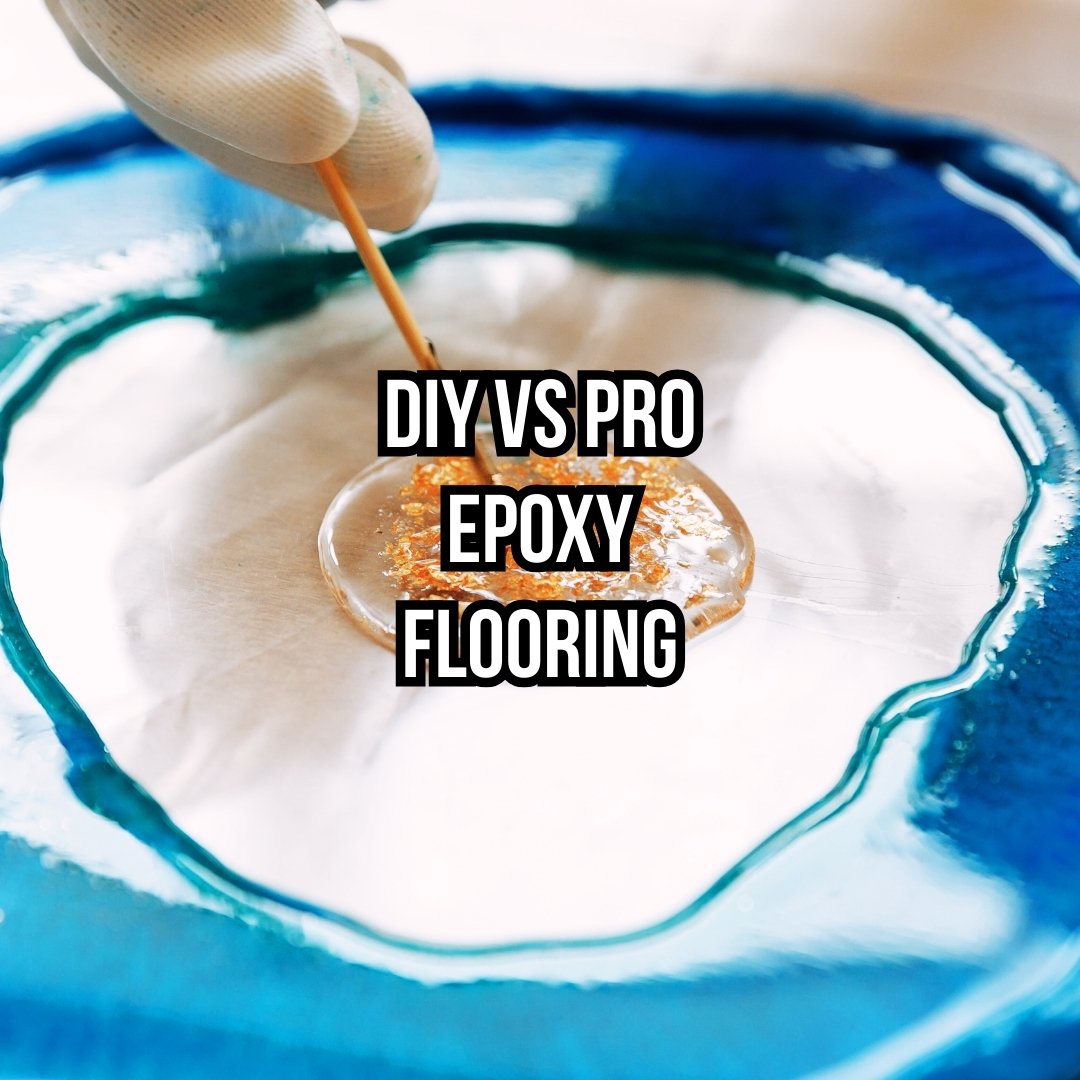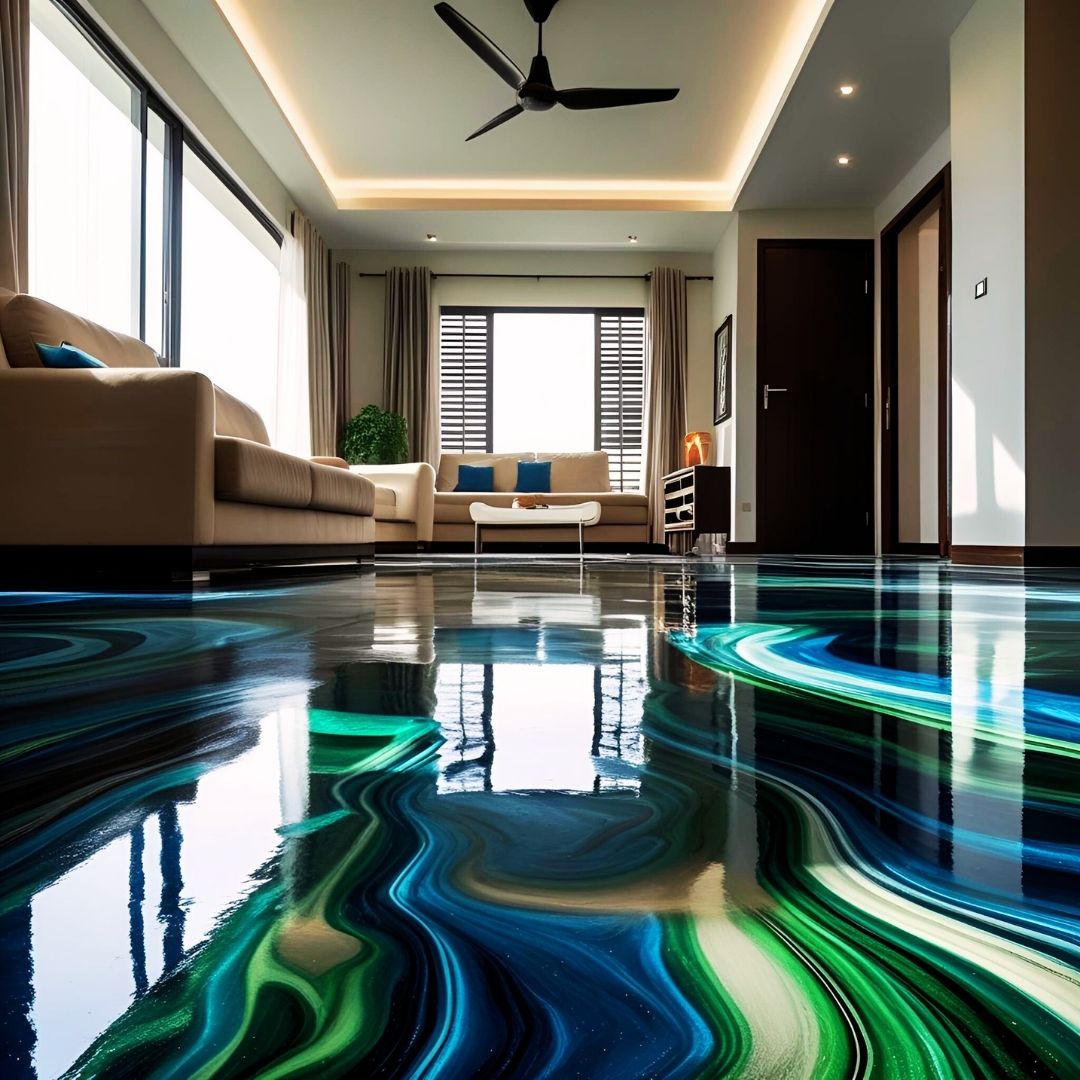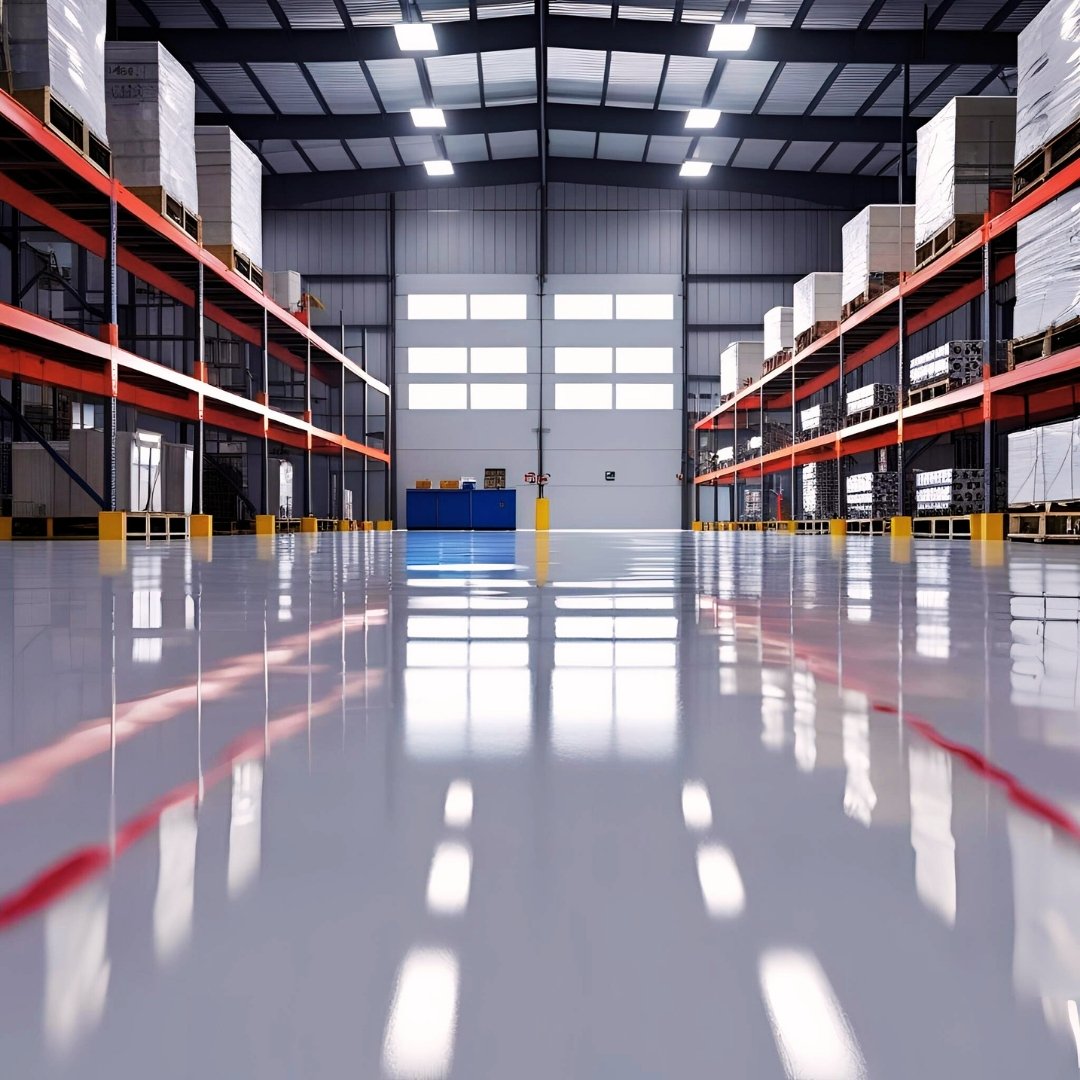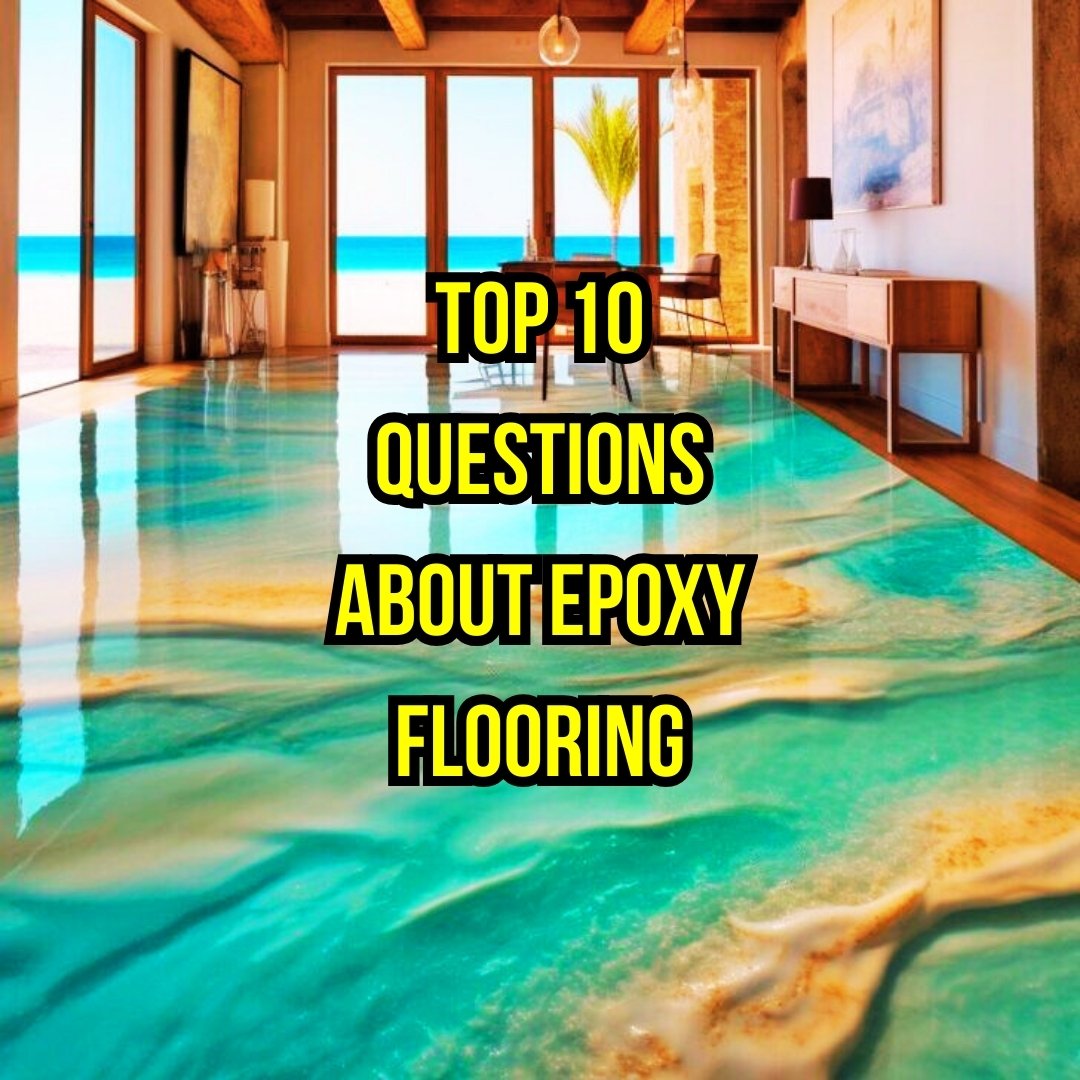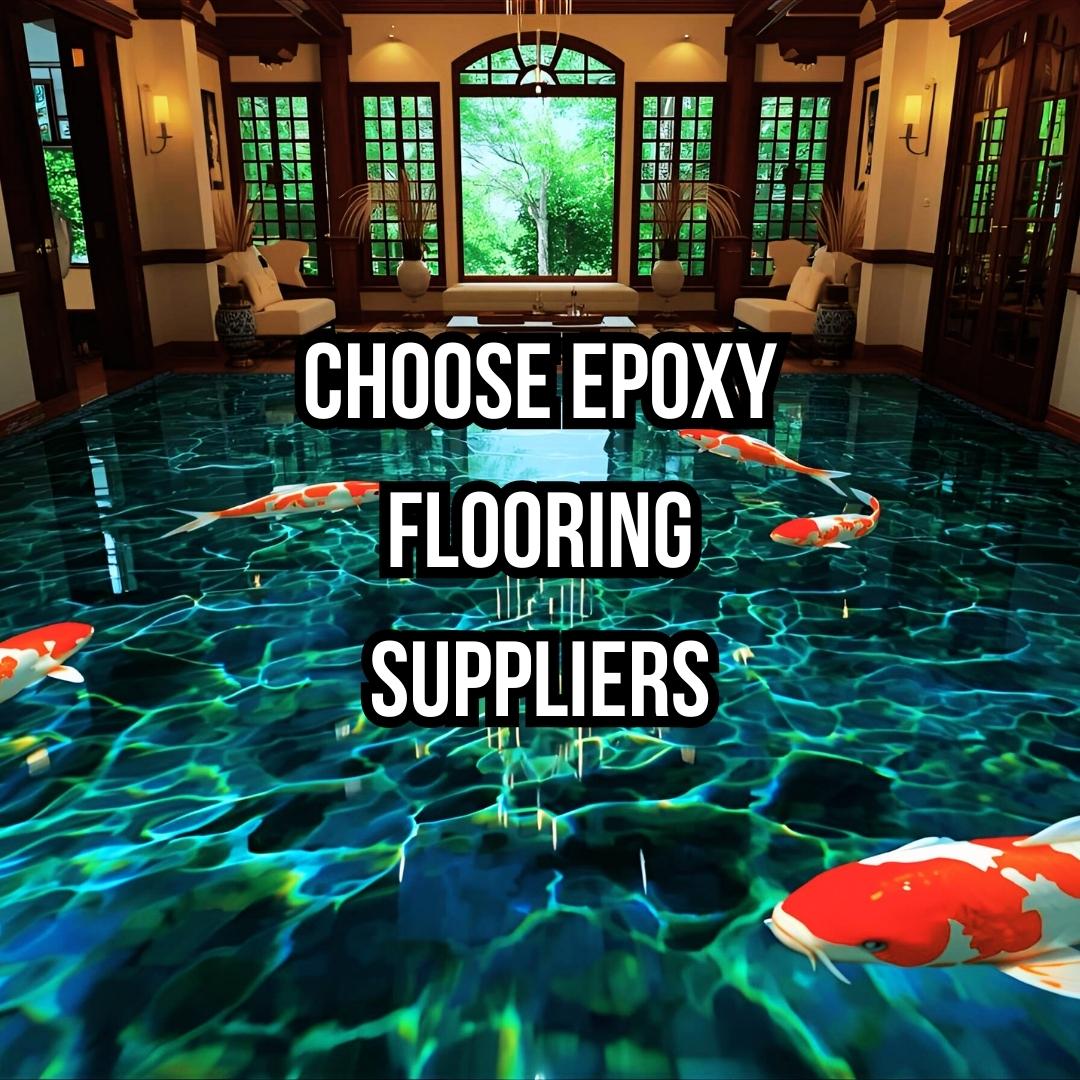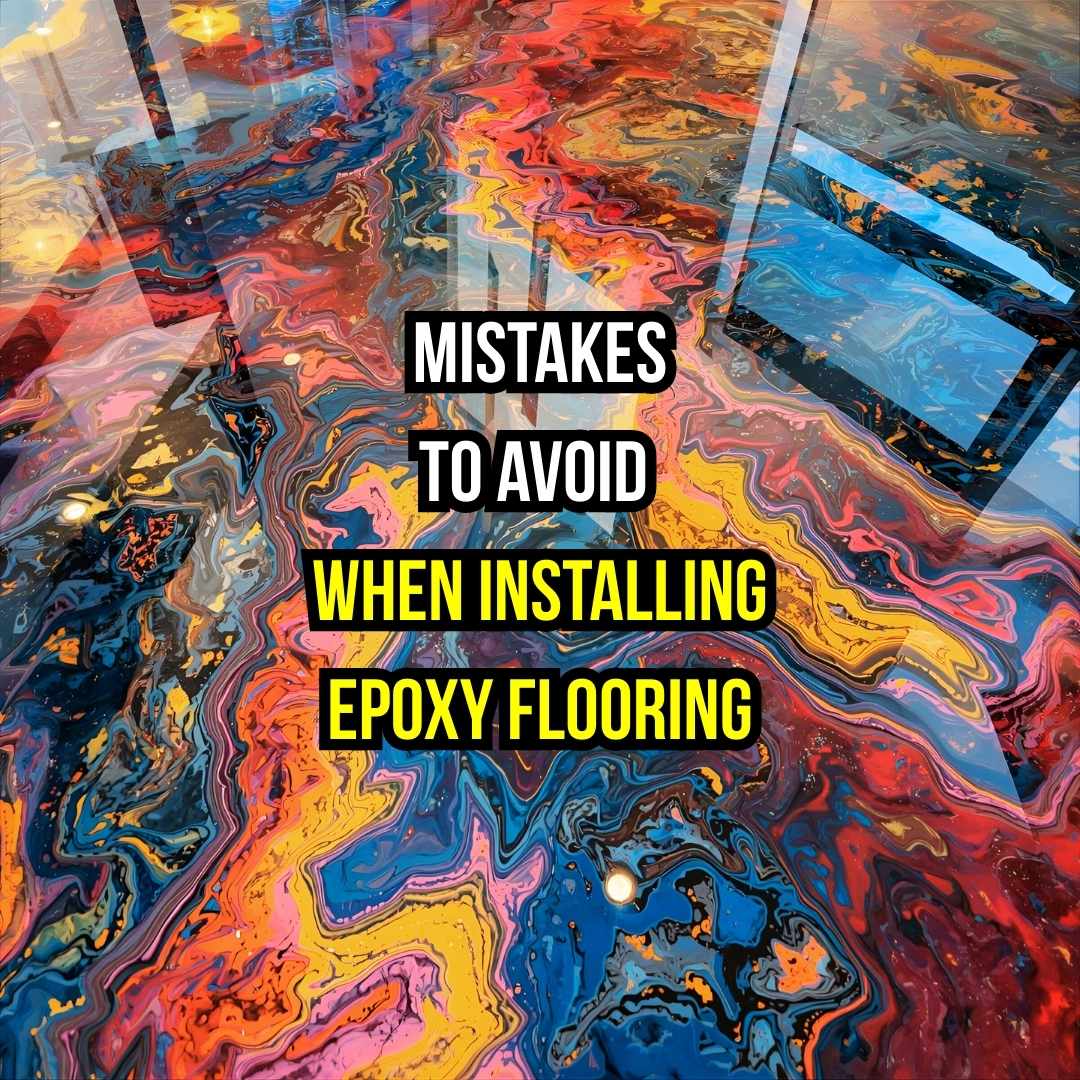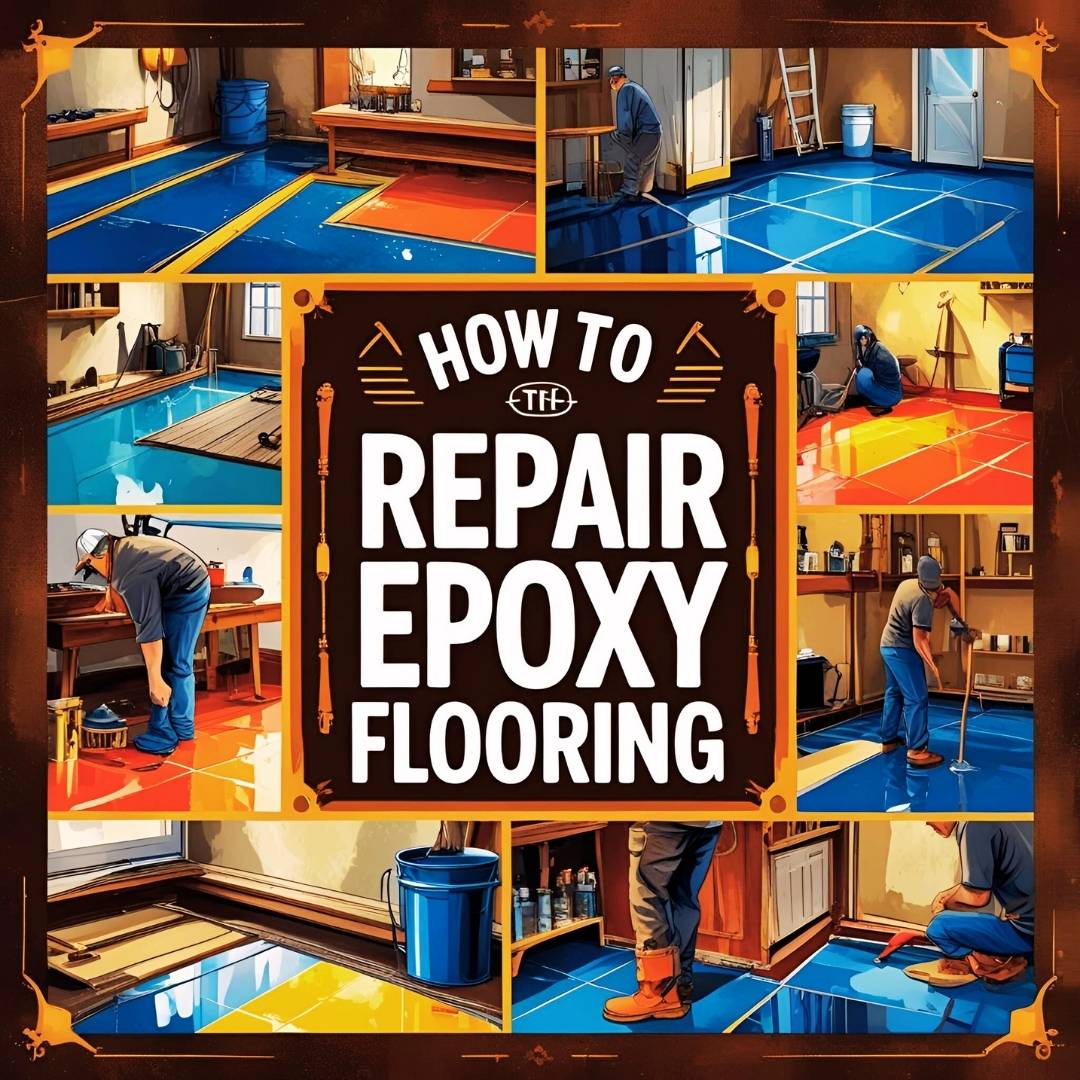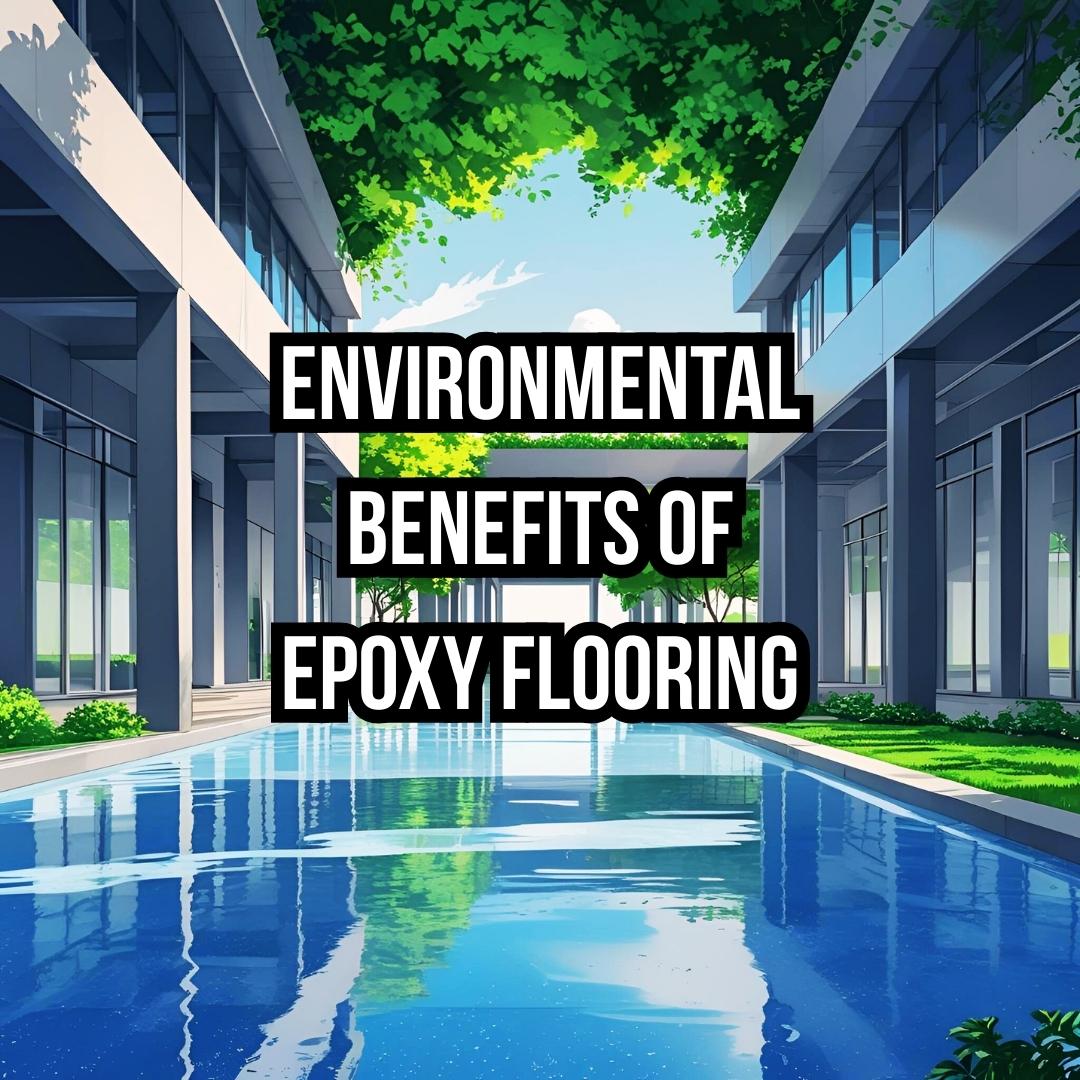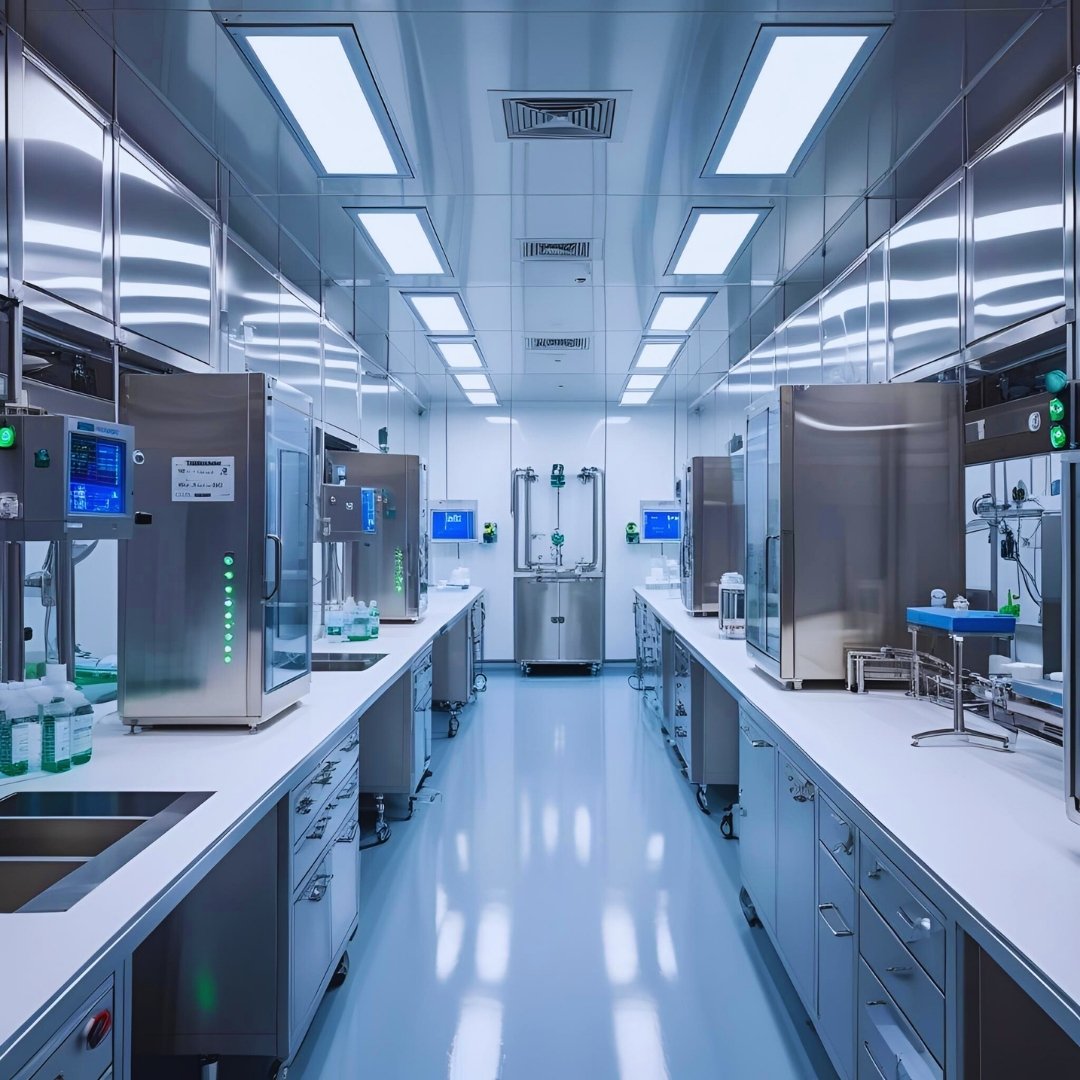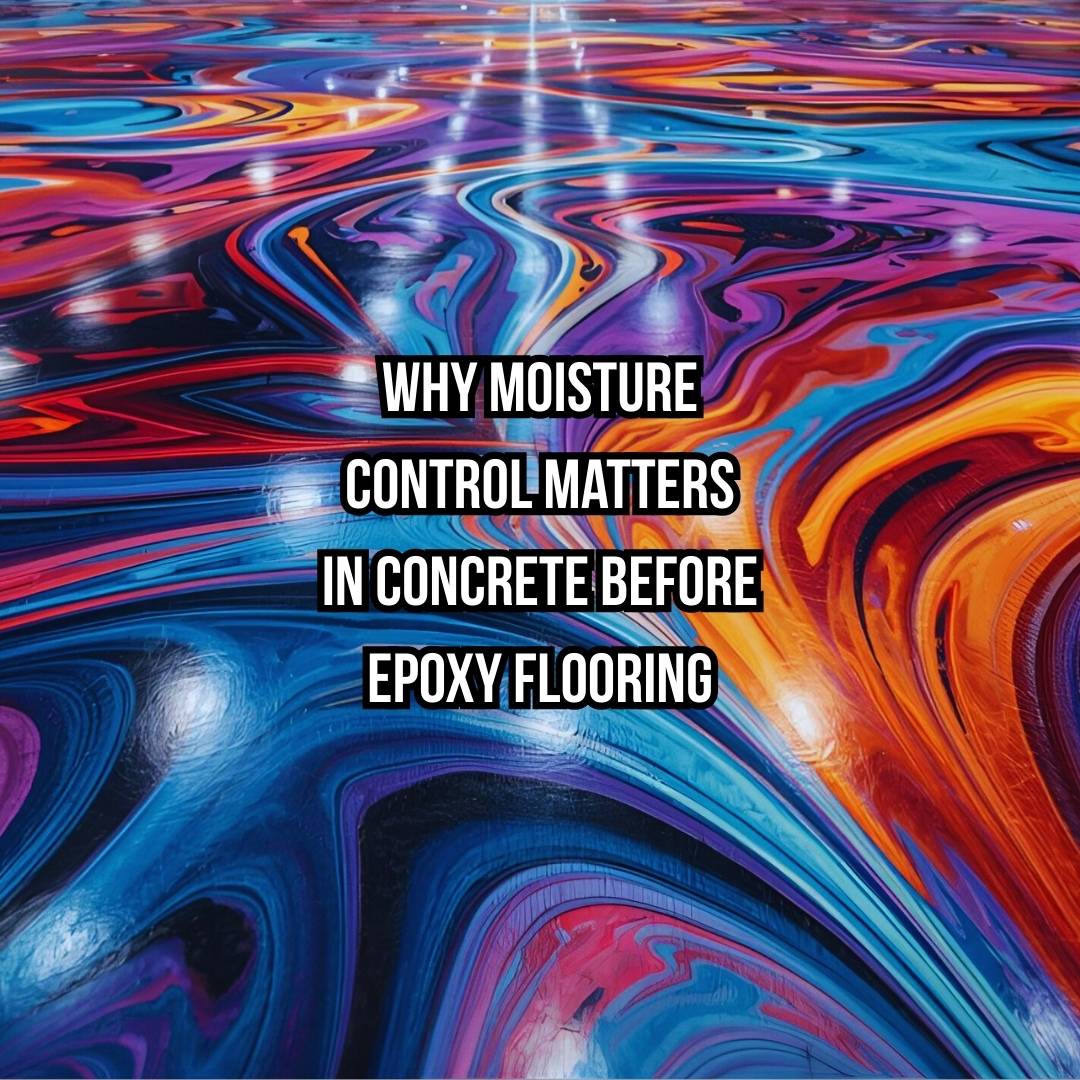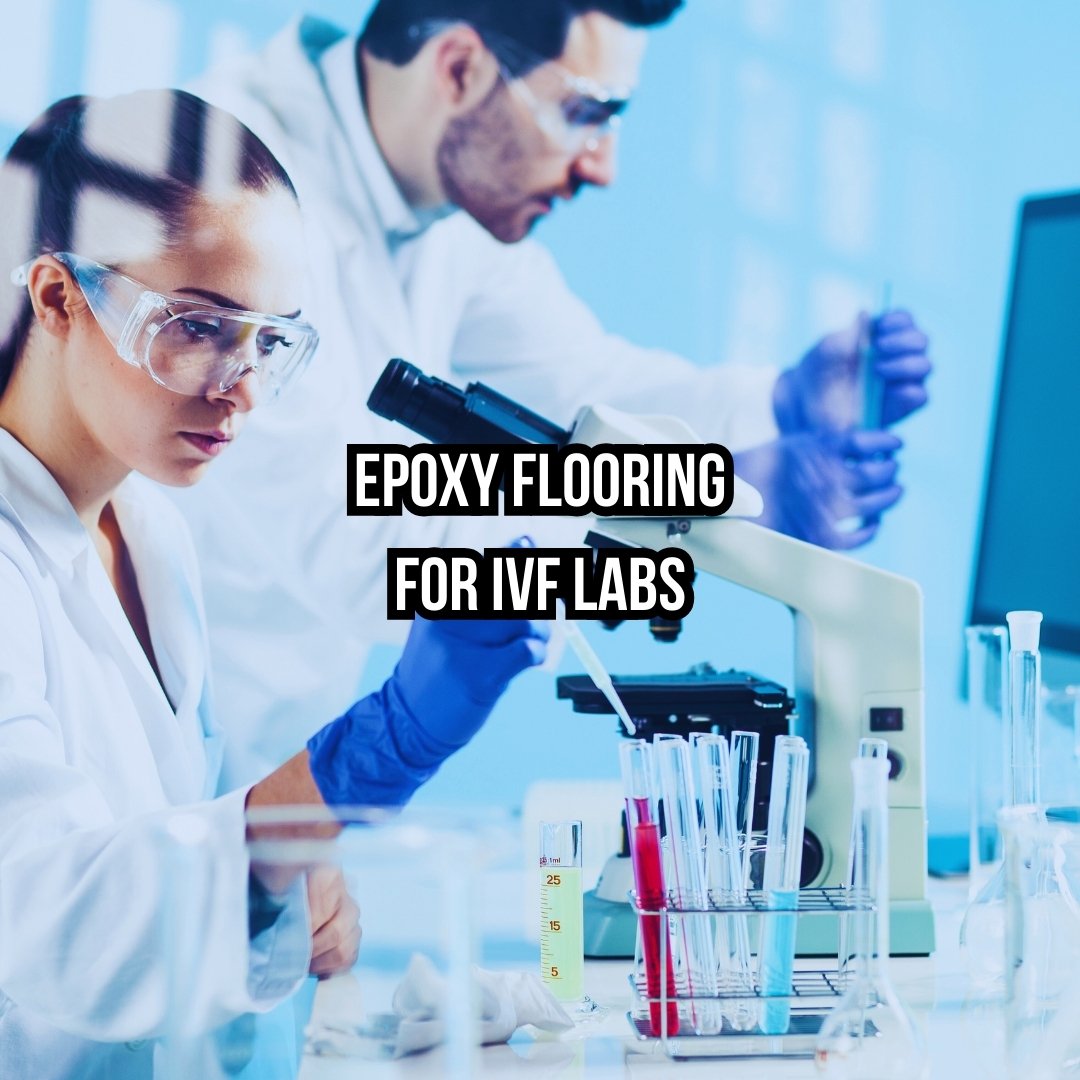
In the bustling industrial landscape of Ahmedabad, where pharma giants like Zydus Cadila in Sarkhej and Intas Pharma in Moraiya demand flawless, compliant flooring, choosing the right coating system can make or break operational efficiency. As Gujarat’s economic hub heats up with expansions in cleanrooms and warehouses, facility managers and homeowners alike are weighing options like epoxy flooring, polyurethane coatings, and polyaspartic alternatives. These systems not only protect against heavy foot traffic and chemical spills but also align with strict standards from NABH for hospitals and WHO-GMP for pharmaceutical units. Backed by AUM Industries, a trusted name in cleanroom and critical infrastructure solutions, Epoxy Vinyl Flooring brings technical expertise to tailor these options for Ahmedabad’s diverse needs—from the pharma clusters in Vatva to residential revamps in Bodakdev.
This guide dives deep into the differences, helping you decide what’s best for your space. Whether you’re a QA team at a Naroda-based lifesciences firm or a homeowner in Satellite exploring residential epoxy flooring, understanding these coatings ensures durability, hygiene, and value. Let’s break it down step by step.
Understanding Epoxy Flooring: The Reliable Workhorse
What is epoxy flooring? At its core, it’s a seamless resin-based system created by mixing epoxy resin with a hardener, forming a tough, glossy surface that bonds directly to concrete. Ideal for high-traffic areas, it resists chemicals, abrasions, and impacts, making it a staple in Ahmedabad’s industrial zones like Changodar, home to Aurobindo Pharma and Novartis.
How epoxy flooring is done involves surface preparation—grinding or shot-blasting the substrate—followed by applying primer, base coat, and topcoat. Self-leveling epoxy, for instance, flows evenly to create a smooth finish, perfect for uneven floors in older warehouses along SG Highway. In residential settings, like flats in Vastrapur, it offers customizable designs, from metallic swirls to solid colors.
Epoxy flooring for homes brings a modern edge, outlasting traditional tiles with its waterproof nature and easy maintenance. Compared to tiles, epoxy eliminates grout lines that trap dirt, reducing cleaning time in humid Ahmedabad summers. Materials like high-grade resin ensure longevity, with systems lasting 10-20 years under normal use. How long does epoxy flooring last? With proper installation, expect 15-25 years in moderate environments, though heavy industrial use in areas like Odhav GIDC might require touch-ups sooner.
Epoxy resin flooring shines in pharma cleanrooms, meeting BIS standards for chemical resistance. For B2B clients, such as cleanroom contractors in Santej working with Cadila Pharma, it provides antimicrobial options to curb bacterial growth.
Polyurethane Coatings: Flexibility Meets Performance
Shifting to polyurethane coatings, these are versatile topcoats often layered over epoxy for added protection. What sets them apart is their elasticity—polyurethane flexes with temperature changes, ideal for Ahmedabad’s varying climate, from scorching heat in Maninagar to cooler evenings in Thaltej.
Polyurethane flooring involves applying a urethane-based formula that cures into a hard yet flexible film. It’s commonly used in food and beverage units in Dholka, where Cadila Healthcare operates, as it withstands thermal shocks from hot washes. In comparison to epoxy, polyurethane offers superior UV resistance, preventing yellowing in sun-exposed warehouses in Bhat, home to Torrent Pharma.
For industrial applications, polyurethane excels in abrasion resistance, making it a go-to for electronics factories in Kathwada. Pros include quick curing (often within 24 hours) and low VOC emissions, aligning with sustainable trends in 2025. Cons? It can be pricier upfront, but its 20-30 year lifespan justifies the investment.
In residential contexts, like renovating a villa in Bopal, polyurethane adds a matte or glossy finish over epoxy, enhancing scratch resistance for family homes. Warehouse managers in Aslali appreciate its impact absorption, reducing downtime from forklift traffic.
Polyaspartic Coatings: The Fast-Curing Innovator
Polyaspartic coatings represent the cutting edge, a modified polyurea that cures rapidly—even in humid conditions common to Ahmedabad’s monsoon season. Derived from aliphatic polyurea, polyaspartics bond tightly to concrete, offering exceptional durability.
How it’s applied: Similar to epoxy, but with a water-like consistency for easier spreading. In just hours, it’s walkable, minimizing disruptions in busy pharma plants like those in Naroda GIDC with Claris Lifesciences. Compared to epoxy and polyurethane, polyaspartic stands out for UV stability, resisting fading in open areas like loading docks in Sarkhej.
For cleanrooms in Vatva, where Nirma Limited demands seamless hygiene, polyaspartic provides chemical resistance without the long downtime of epoxy. It’s increasingly popular in 2025 trends for its eco-friendly, low-VOC formulas, supporting green initiatives in Gujarat’s industrial belt.
Residential users in Navrangpura love its quick installation—often a one-day job—for garage or balcony makeovers. However, it’s typically more expensive, though its 20+ year durability in high-wear spots like Jodhpur warehouses makes it worthwhile.
Key Comparisons: Epoxy vs. Polyurethane vs. Polyaspartic
To help you choose, let’s compare these coatings across critical factors, tailored to Ahmedabad’s needs.
Durability and Longevity
Epoxy holds strong against chemicals and impacts, lasting 10-25 years in pharma labs in Moraiya. Polyurethane adds flexibility, extending life to 20-30 years in temperature-fluctuating environments like cosmetic factories in Santej. Polyaspartic tops with superior abrasion and UV resistance, ideal for outdoor-adjacent spaces in Gota, enduring 20-30 years with minimal wear.
In Ahmedabad’s dusty industrial areas like Rakhial, all three outperform tiles by being seamless, but polyaspartic edges out for scratch resistance.
Installation Process and Time
Epoxy requires 3-5 days to cure fully, suiting planned shutdowns in hospitals along Ashram Road. Polyurethane, often a topcoat, adds 1-2 days but cures faster. Polyaspartic shines with 2-4 hour cure times, perfect for fast-paced projects in CG Road commercial spaces.
Surface prep is key for all—ensuring adhesion in humid spots like Vasna.
Cost Breakdown
Epoxy flooring cost ranges from ₹150–₹300 per sq. ft. in Ahmedabad, factoring in thickness and design. Polyurethane adds ₹120-₹200 per sq. ft. as a topcoat, while polyaspartic starts at ₹120-₹250 per sq. ft., reflecting its premium performance.
For a 1,000 sq. ft. warehouse in Ranip, epoxy might total ₹2-3 lakhs, polyurethane ₹1.5-2.5 lakhs extra, and polyaspartic ₹1.2-2.5 lakhs standalone. These align with 2025 trends toward value-driven, sustainable options.
Applications in Ahmedabad Industries
In pharma hubs like Changodar, epoxy suits cleanrooms for its compliance with USFDA standards. Polyurethane enhances flexibility in F&B units in Dholka, while polyaspartic speeds up installations in electronics in Kathwada.
For hospitals in Paldi, NABH-compliant epoxy or polyurethane ensures hygiene. Semiconductor units in Santej favor polyaspartic for ESD control.
Pros and Cons at a Glance
- Epoxy:
- Pros: Affordable, chemical-resistant, versatile designs.
- Cons: Longer cure time, less UV stable.
- Polyurethane:
- Pros: Flexible, abrasion-resistant, thermal shock proof.
- Cons: Often needs base layer, higher VOC in some formulas.
- Polyaspartic:
- Pros: Fast cure, UV-resistant, durable.
- Cons: Higher cost, requires skilled applicators.
Integrating Vinyl Flooring: A Complementary Option
While the focus is on coatings, vinyl flooring offers a sheet or tile alternative, often compared to these systems. What is vinyl flooring? It’s a resilient PVC-based material, waterproof and cushioned, ideal for hospitals in Shahibagh or homes in Memnagar.
What is luxury vinyl flooring? Premium versions mimic wood or stone, with enhanced durability. Pros and cons of vinyl flooring: Waterproof (yes, fully), low-maintenance, but less impact-resistant than epoxy. Vinyl flooring cost mirrors epoxy at ₹150–₹300 per sq. ft.
In Ahmedabad, sheet vinyl flooring suits IVF labs in Naranpura for its antimicrobial properties, while vinyl flooring tiles work in residential kitchens in Gurukul. Compared to coatings, vinyl installs faster but may need replacement sooner in heavy industrial use like in Odhav.
For warehouses in Vastral, combining vinyl with epoxy topcoats provides hybrid solutions. Is vinyl flooring waterproof? Absolutely, making it a smart choice for monsoon-prone areas.
Ahmedabad-Specific Considerations: Local Options and Trends
Ahmedabad’s mix of heritage sites like Bhadra and modern developments in Satellite demands flooring that handles dust, heat, and traffic. In neighbourhoods like Ambawadi, residential epoxy flooring near me searches lead to customizable designs resisting Gujarat’s arid climate.
Prime industrial areas benefit uniquely: Vatva’s chemical plants favor polyurethane for flexibility, while Naroda’s pharma units opt for polyaspartic to meet MHRA standards. In Bapunagar warehouses, epoxy’s cost-effectiveness wins.
Current 2025 trends emphasize sustainable coatings—low-VOC epoxies and bio-based polyurethanes—aligning with Gujarat’s green push. For B2C in Jivraj Park, luxury vinyl or metallic epoxy adds aesthetic appeal.
Need epoxy flooring near me or vinyl flooring near me? Epoxy Vinyl Flooring serves all, from Asarwa to Vejalpur, with turnkey services.
Ready to explore? Contact us for a free consultation to assess your space in areas like Chandkheda or Gheekanta.
Choosing the Right System for Your Needs
For B2B like architects in Ellis Bridge or hospital consultants in Income Tax, prioritize compliance—epoxy for NABH hospitals, polyurethane for WHO-GMP pharma.
B2C homeowners in Nikol should consider lifestyle: Epoxy for garages, vinyl for living areas.
Factors: Budget, traffic, environment. In cleanrooms, seamless coatings prevent contamination; in homes, design flexibility matters.
Consult experts like us at Epoxy Vinyl Flooring, powered by AUM Industries, for tailored advice.
Maintenance Tips for Longevity
All systems need care. For epoxy, sweep daily and mop with neutral cleaners—see our guide on maintaining epoxy floors.
Polyurethane and polyaspartic resist stains better, but avoid harsh chemicals. Vinyl? Simple vacuuming suffices—check maintaining vinyl floors.
In Ahmedabad’s dusty spots like Sabarmati, regular upkeep extends life.
FAQs: Answering Your Top Questions
What is the difference between epoxy flooring and polyurethane coatings?
Epoxy is a base system for durability, while polyurethane often tops it for flexibility and UV protection. In Ahmedabad’s pharma sectors, combining them ensures compliance.
How long does polyaspartic coating last compared to epoxy?
Polyaspartic lasts 20-30 years, similar to epoxy, but cures faster and resists UV better, ideal for outdoor warehouses in Ghatlodia.
Is vinyl flooring a better alternative to these coatings for homes?
Vinyl offers quick installation and waterproofing for residential use in Manek Chowk, but coatings like epoxy provide superior chemical resistance for industrial needs.
What is the epoxy flooring cost per sq ft in Ahmedabad?
Typically ₹150–₹300 per sq. ft., depending on thickness and design, making it accessible for B2C in Nava Wadaj.
How do these coatings comply with standards in pharma cleanrooms?
They meet WHO-GMP, NABH, and BIS, with antimicrobial options for units in Bhat.
Can polyaspartic be used in residential settings?
Yes, for fast garage revamps in Thaltej, offering durability without downtime.
What are the pros and cons of luxury vinyl flooring vs epoxy?
Vinyl is cushioned and affordable but less durable; epoxy excels in longevity for high-traffic homes in Paldi.
Final Thoughts: Elevate Your Space with Expert Solutions
Whether upgrading a cleanroom in Sarkhej or a home in Vastrapur, the choice between epoxy, polyurethane, and polyaspartic boils down to your specific needs. These systems deliver hygiene, durability, and style, backed by years of experience from AUM Industries.
Don’t settle—transform your floors today. Visit epoxyvinylflooring.com or contact Amit Kumar Shrivastav at amit@aumindustriesmfg.com, +91-9274313580. Our office at World Trade Tower, A-617, Sarkhej-Gandhinagar Highway, Makarba, Ahmedabad, Gujarat 380051, is ready to serve.
For more insights, explore about epoxy vinyl flooring, epoxy flooring Ahmedabad, or vinyl flooring Ahmedabad. Check external resources like AUM Industries, NABH guidelines, BIS standards, and WHO-GMP for deeper compliance info.

